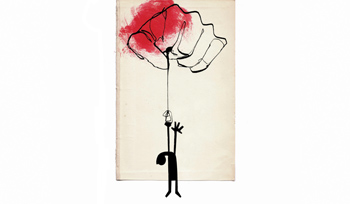Submitted by jonas on
The Commission on the Status of Women meets in March for its 59th session, during which it will examine global progress towards addressing violence against women in the 20 years since the adoption in 1995 of the Beijing Declaration and Platform for Action. During those two decades, 39 states have prohibited all corporal punishment of children, including in the home – but only four of those have done so in the context of enacting new domestic violence / family protection laws. Most domestic violence laws are silent on the issue.
This new briefing published jointly by the Global Initiative and Save the Children sets out the reasons why excluding prohibition of corporal punishment from laws on domestic violence and family protection represents a failure to properly address the issue and to fulfil obligations under international human rights law – and why this can only undermine the promotion of violence-free homes. It looks at the research in the short and long term linking corporal punishment of children with violence in intimate relationships between adults. It also presents the work of the UN Committee on the Elimination of Discrimination Against Women in relation to prohibition of corporal punishment.
At least 34 states are currently developing laws against domestic violence and, therefore, are presented with immediate opportunities for achieving prohibition of corporal punishment – with the potential to extend legal protection from all corporal punishment in the home to a third of the world’s child population. This leaflet – Prohibiting violent punishment of girls and boys – a key element in ending family violence – is a key resource to encourage all those working with and for the rights of women and girls to see prohibition of corporal punishment as a fundamental element in addressing gender-based violence and to advocate strongly for this necessary law reform.
- Read the full leaflet attached.
- For hard copies and further information, contact [email protected].

